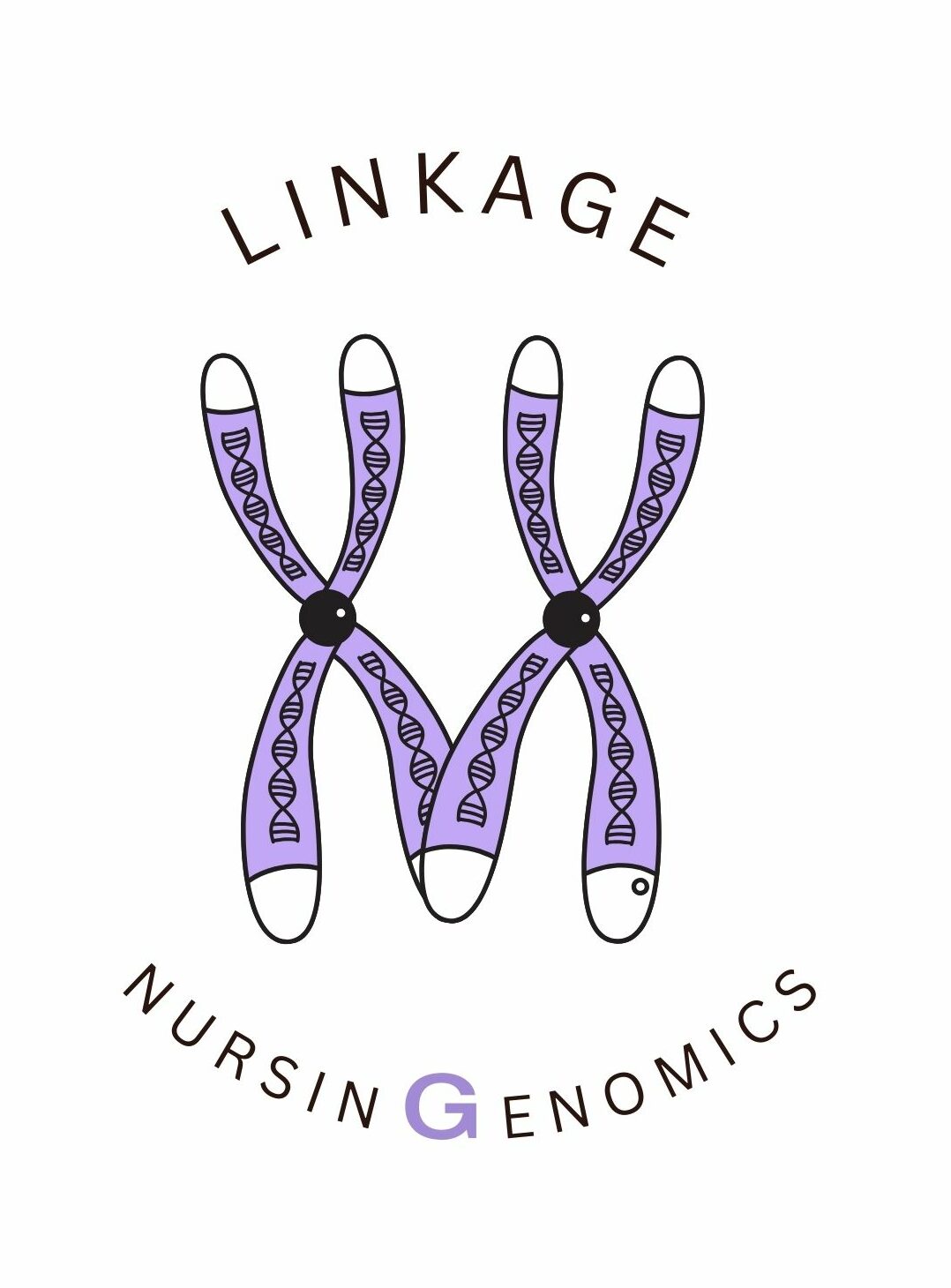Quiz Questions
Module 5: Pharmacogenomics
The following eight questions can be used to test the understanding of content from Module 5: Pharmacogenomics. Answers are identified with an asterisk and bold text.
What is pharmacogenomics?
*a) Pharmacogenomics is the study of how genes influence an individual’s response to drugs.
b) Pharmacogenomics refers to the study of environmental factors affecting drug response.
c) Pharmacogenomics determines which side effects an individual may have from a drug.
d) Pharmacogenomics is the study of how drugs are metabolized and utilized by the body.
True or False: Pharmacogenomics is a new concept to be used in clinical practice.
True
*False
Which of the following statements best describes a poor drug metabolizer?
a) A person who metabolizes drugs too quickly, leading to reduced drug efficacy.
b) A person who metabolizes drugs at an average rate, requiring standard dosages.
*c) A person who metabolizes drugs too slowly, leading to potential drug toxicity and adverse effects.
d) A person who is resistant to drug metabolism, making the drug ineffective.
Which of the following statements best describes a rapid drug metabolizer?
a) A person who experiences prolonged drug effects due to slow metabolism, increasing the risk of side effects.
b) A person who metabolizes drugs at a standard rate, typically responding to conventional dosages.
c) A person who exhibits no drug metabolism, resulting in drug accumulation and toxicity.
*d) A person who requires higher drug dosages to achieve therapeutic effects due to increased drug metabolism.
Which of the following groups have guidelines to support drug dosing and administration based on genetic results? (Select all that apply)
*a) Clinical Pharmacogenetics Implementation Consortium
*b) Dutch Pharmacogenetics Working Group
c) World Health Organization
d) Guidelines International Network
Pharmacogenomics has the opportunity to (select all that apply):
*a) Reduce adverse drug effects
*b) Reduce mortality
*c) Aid in choosing drugs
*d) Individualize therapy
What is the major area for drug metabolism where pharmacogenomics could have a large impact?
a) Renin Angiotensin Aldosterone System in the Kidneys
*b) Cytochrome P450 in the Liver
c) Enzyme-catalyzation of the Gastrointestinal tract
d) Mucociliary clearance from the Lungs
You are a registered nurse in post-operative recovery. A 38-year-old female is recovering following a bowel resection for Crohn’s disease. She has been prescribed pain medication that was given upon entering the recovery room. Upon follow up, her pain continues to remain severe, and the pain medication did not seem to help. Your orders indicate that you can provide a higher dose if needed, so you give her more pain medication. Again, upon follow up, her pain has not improved at all. How would a nurse with a good understanding of pharmacogenomics be able to advocate for this patient?
a) This patient’s phenotype of being an ultra-rapid metabolizer should be considered. When speaking to the provider this can be discussed so a higher dose of medication can be ordered
b) This patient’s phenotype is normal, but she likely has a high tolerance for pain medication. Discuss with the provider that a higher dose may be needed.
*c) This patient’s phenotype of being a poor metabolizer should be considered. When speaking to the provider this can be discussed so alternate therapy can be arranged
d) This patient’s phenotype is intermediate but since she has a history of alcohol abuse 10 years ago, she may be drug seeking. Discuss with the provider to avoid additional pain medications or doses.

